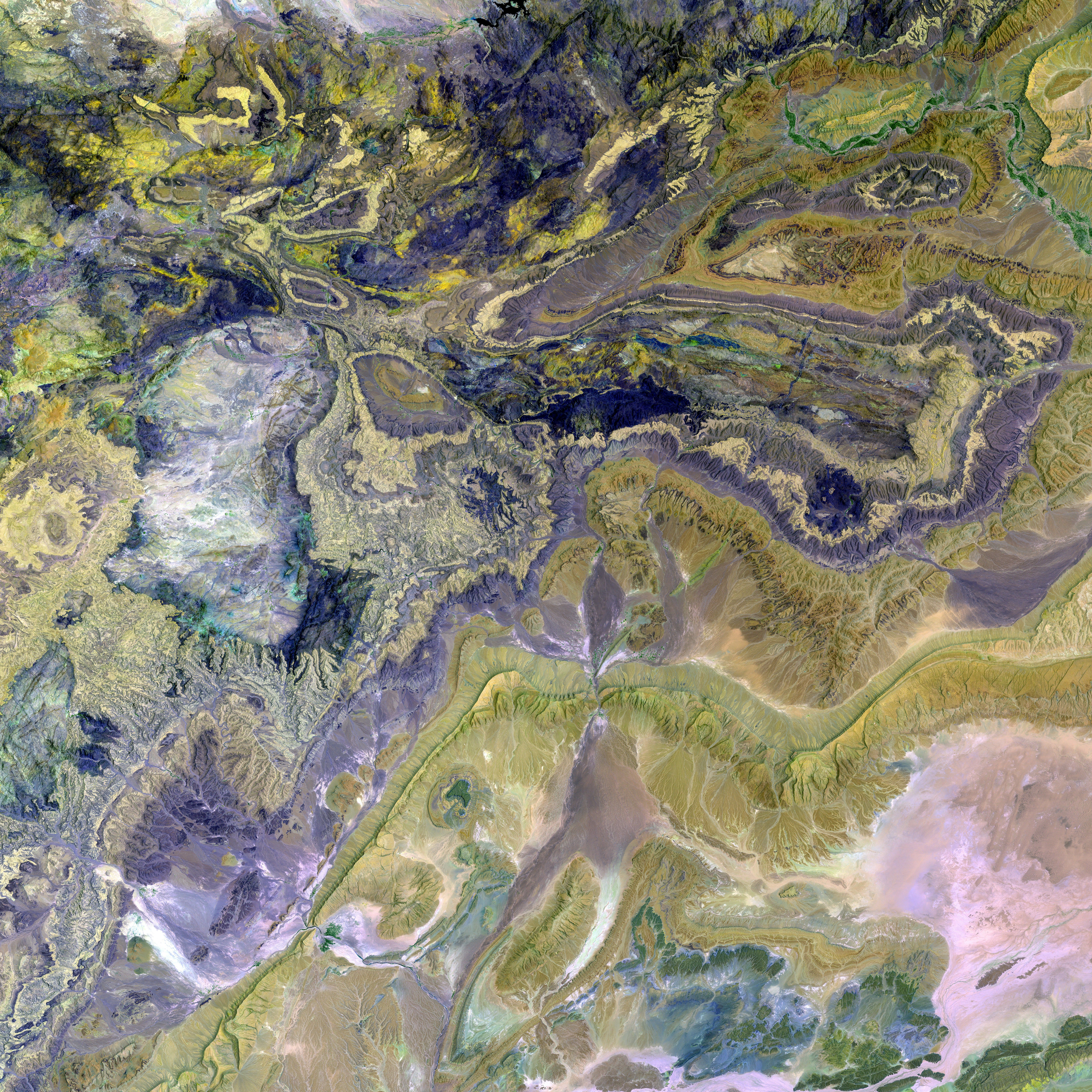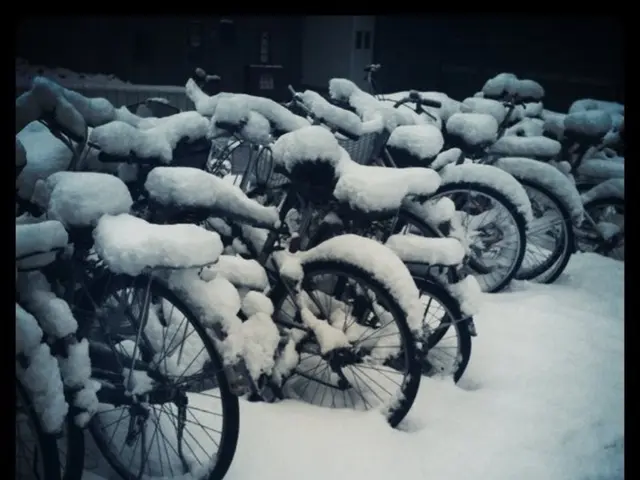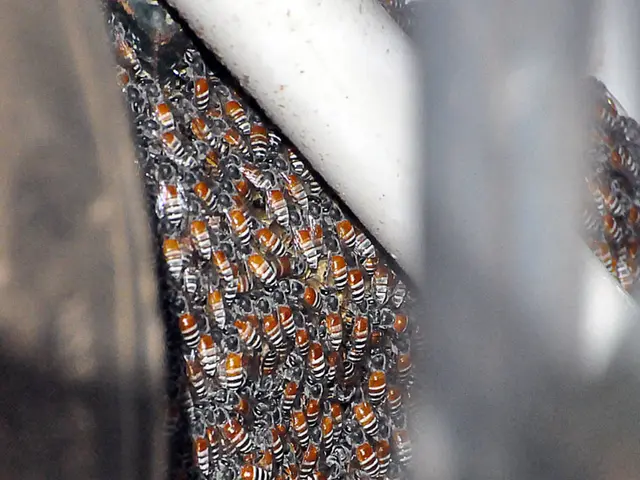Azerbaijan aims to suppress dialogues concerning its human rights situation during the forthcoming COP29 climate summit.
Azerbaijan's hosting agreement for COP29, the upcoming United Nations climate conference, raises concerns over free speech, Human Rights Watch warns. The agreement reportedly allows Azerbaijani authorities to limit criticism of domestic policies, leaving participants uncertain about potential legal repercussions for their actions in Baku.
The November 11-22 event is scheduled to take place in the Azerbaijani capital. The agreement was finalized in August, following UNFCCC member states' call for hosting agreements to adhere to human rights standards and be publicly available. However, the deal leaves a gray area that could potentially stifle free speech.
The agreement stipulates that participants will receive immunity for words spoken or written and acts performed in their official capacity during the conference, yet it also allows Azerbaijani authorities to penalize anyone discussing domestic policies related to environmental issues. Moreover, the agreement fails to define what constitutes "interference" in internal affairs, potentially giving the authorities broad discretion to punish critical voices.
Over the past year, Azerbaijan has intensified its crackdown on dissent, targeting journalists, activists, and human rights defenders. Human Rights Watch criticized UNFCC for its handling of negotiations with Azerbaijan, urging it to pressure Baku to hold a rights-respecting climate conference.
Describing COP29 as a legitimate platform to critique Azerbaijan's human rights record, Frank Schwabe, a German parliamentarian, insisted that criticisms should be raised during the conference, not after its conclusion. He likened COP29 to significant political conferences, distinguishing it from sports events such as Formula 1 or football cups.
separate report, it is important to note that Azerbaijan has systematically detained journalists and activists critical of the government, suppressed independent media outlets, used judicial harassment as a tool to stifle freedom of expression, and engaged in physical and online attacks against women journalists.
Despite these concerns, it has been reported that Russian leader Vladimir Putin will not attend COP29, potentially alleviating a potential complication for Azerbaijan's president, Ilham Aliyev. Previously, Ukraine's ambassador to the European Union had called for a boycott of COP29 if Putin opted to attend.
The upcoming COP29 conference, scheduled from November 11-22 in Baku, Azerbaijan, faces criticism for its hosting agreement that may infringe on free speech, particularly regarding environmental policies and general news. This ambiguity stems from the agreement's interpretation of "interference" in internal affairs, potentially allowing authorities to punish critical voices.
Human Rights Watch raised concerns over the UNFCCC's handling of negotiations with Azerbaijan, urging pressure on Baku to ensure a rights-respecting climate conference, likening it to important political conferences rather than sports events. Despite these concerns, it has been reported that Russian leader Vladimir Putin will not attend COP29, potentially alleviating potential complications for Azerbaijan's President Ilham Aliyev.








